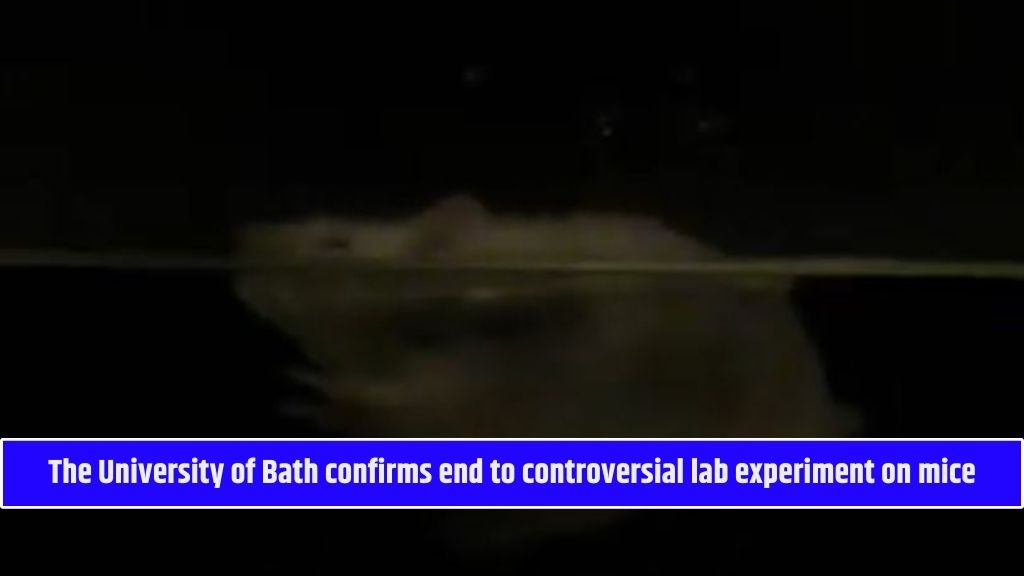The University of Bath has decided to end the use of the controversial “forced swim test” on mice, confirming it has no intention of resuming the practice before its current animal testing license expires in June. The announcement comes after pressure from animal rights group PETA (People for the Ethical Treatment of Animals), which campaigned against the university following claims it obtained 2020 footage showing mice subjected to the procedure in its labs.
In the forced swim test, rodents are placed in inescapable water-filled containers for four minutes to assess their response to stress, a method historically used to evaluate antidepressants. Up to five mice can be tested simultaneously, separated by dividers to isolate them psychologically. While the University of Bristol has defended the test as valuable for studying brain responses to stress, PETA has condemned it as “cruel and pointless,” arguing it lacks relevance to human mental health treatment.
A University of Bath spokesperson told SomersetLive, “We have no plans to conduct forced swim tests moving forward.” They emphasized that animal research is only conducted when no alternatives exist, as mandated by UK law, and highlighted the university’s commitment to adopting emerging non-animal technologies as viable substitutes become available.
PETA’s campaign, which included protests and over 50,000 letters from supporters, gained traction after the group released video evidence allegedly showing mice struggling in steep-sided containers at Bath’s facilities. A separate clip posted in December 2020, viewed over 10,000 times, sparked varied public reactions. The organization hailed the university’s decision, with a spokesperson stating, “This crude experiment has no place in modern science. We commend Bath for ending this ethically and scientifically dubious practice that offers no real insight into human mental health.”
The move follows a similar pledge by the University of Bristol earlier this month to abandon the test. PETA noted that the Home Office is also considering a nationwide ban on the procedure—potentially the first time a specific rodent test would be outlawed in the UK—reflecting growing scientific skepticism about its validity and necessity.
The University of Bath’s shift marks a victory for animal welfare advocates, who see it as a step toward phasing out outdated and inhumane research methods.
| Visit for More News and Updates | WSOA NEWS |










